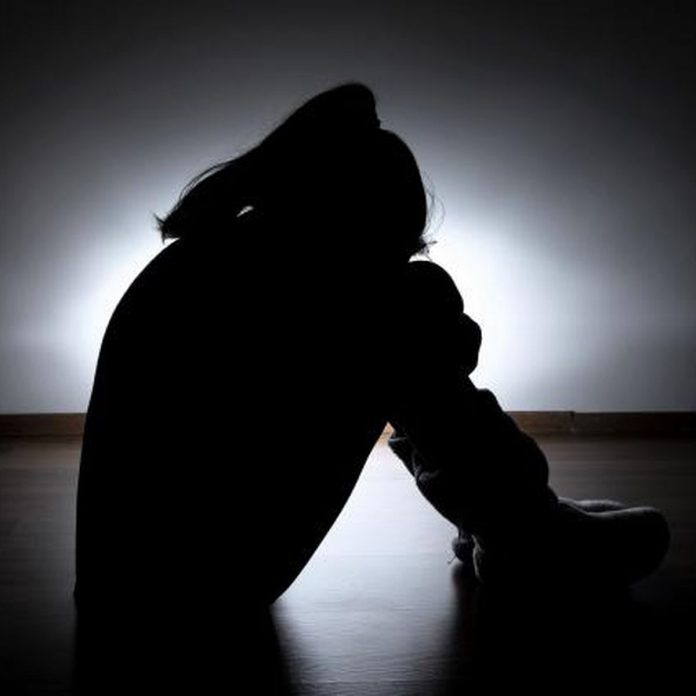A major new survey and report, commissioned by the charity Crimestoppers, has shed light on general attitudes to sexual harassment and the age at which victims are targeted.
Of those that responded, around one in six people who answered said their first experience of sexual harassment in a public place happened when they were aged just 10 or even younger.
Whilst 1,800 people participated in the survey, none of the questions were mandatory. This means that respondent numbers per question are lower than overall participant numbers. Due to the sensitivity of the subject matter, the University recommended using optional questions to encourage more people to take part.
These shocking findings demonstrate that the majority encountered sexual harassment for the first time during adolescence or childhood. Shockingly, the survey also found that 10% of women said they had been raped with 23% saying they had been `forced’ to have sex.
The report, by the University of Suffolk and commissioned by Crimestoppers, follows the impact of the #MeToo movement against sexual abuse and harassment. Crimestoppers has also launched a national campaign today to challenge attitudes and encourage reporting on those responsible.
Strikingly, around 78% of female participants spoke of experiencing unwanted questions about their sex life, and two thirds experienced staring (leering) and comments on their clothes, body or appearance.
The research found that respondents change their behaviour or activities to avoid a repeat incident, with nearly 10% shunning outdoor areas where they had previously encountered unwanted sexual behaviours.
More than a third have been followed and nearly a quarter have witnessed flashing/genital exposure. Whilst the largest group of perpetrators were strangers, they were closely followed by classmates during their younger years, then acquaintances and colleagues in later life.
Lydia Patsalides, VAWG (Violence Against Women and Girls) sexual violence lead at the charity Crimestoppers, said:
“This research confirms that all forms of sexual harassment begin at a shockingly early age, which is completely unacceptable.
“It raises the question to those men involved: would you accept this behaviour towards those closest to you, such as a partner, female friend, or your daughter? Crimestoppers is taking its part in the conversation as these normalised behaviours, can escalate, with some perpetrators going on to commit the most serious of crimes such as rape and child abuse.
“We know this is a difficult and complex area and won’t be solved with one study. However, it’s important that we have a frank and realistic discussion, and we must all play our part in helping change behaviour and think seriously about how sexual harassment affects others.”
Mick Duthie, Director of Operations at the charity Crimestoppers, said: “As a father of two daughters, and an ex-police officer who dealt with the tragic circumstances of violence against women and girls, I totally understand the impact unwanted sexual behaviour has on victims.
“It’s important that we all understand the issue and take steps to educate ourselves on what is and is not appropriate. Our research shows that a large number of very young girls are being targeted, and therefore we must all ensure we take positive steps to protect them.”
Dr Katherine Allen from the University of Suffolk said: “In a post #MeToo era, these findings are shocking but unsurprising. Our survey underscores that sexual harassment is common, perpetrated across a range of public spaces, and remains highly gendered, disproportionately impacting women and girls and limiting their ability to exercise everyday freedoms.
“Chiming with national and international studies, our research suggests that women and girls are subject to unwanted sexualised behaviours from an early age, and overwhelmingly experience these behaviours as intrusive, uncomfortable and intimidating.”







